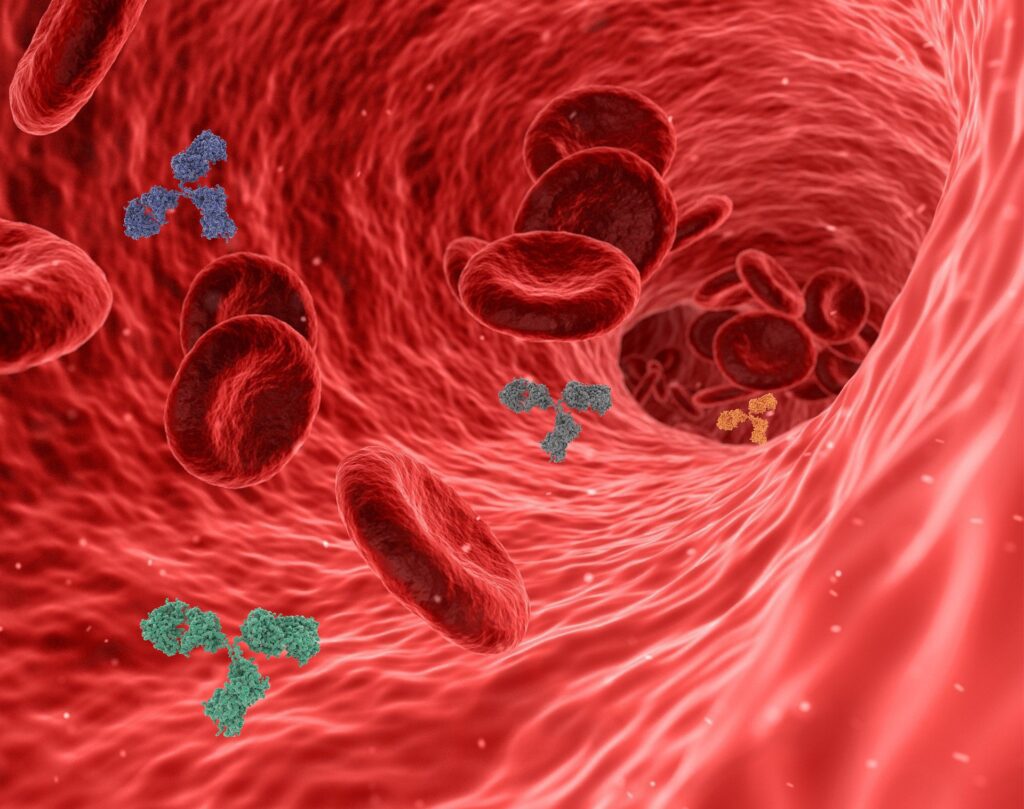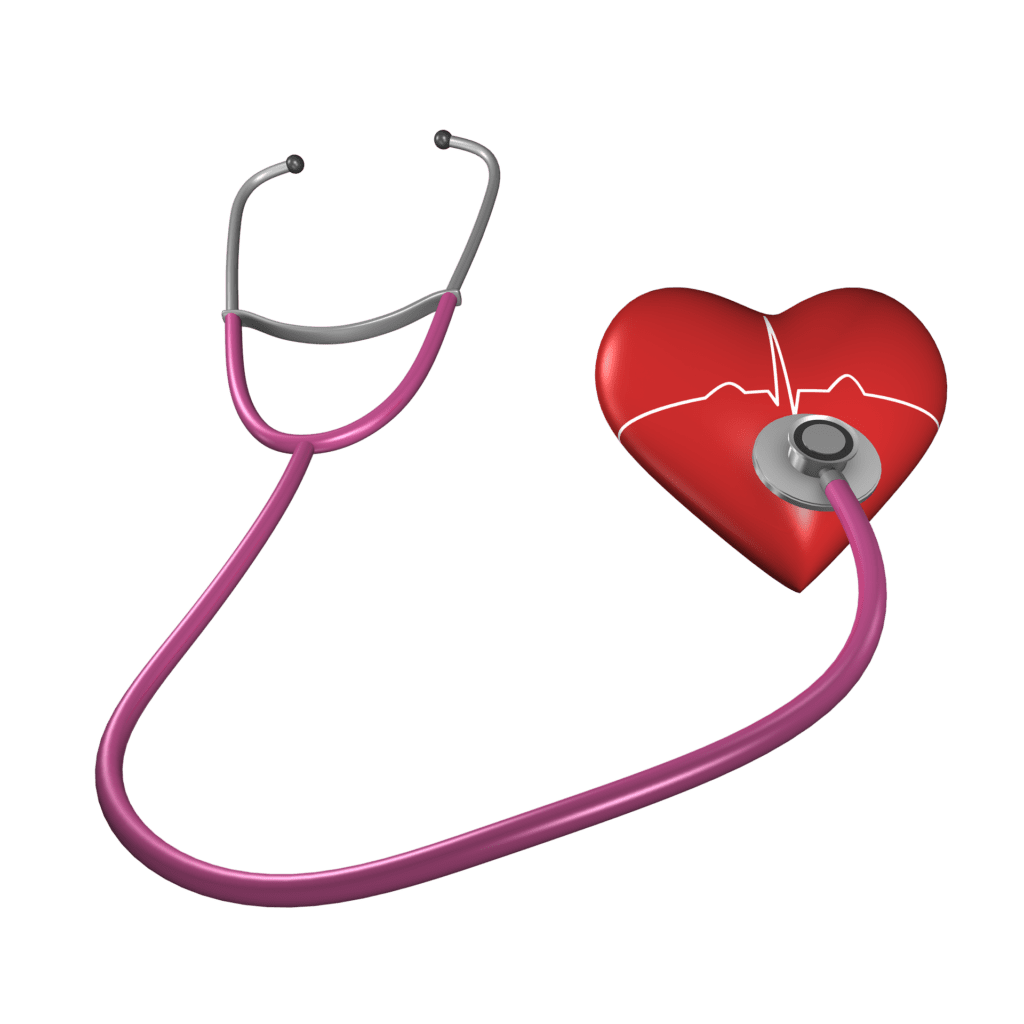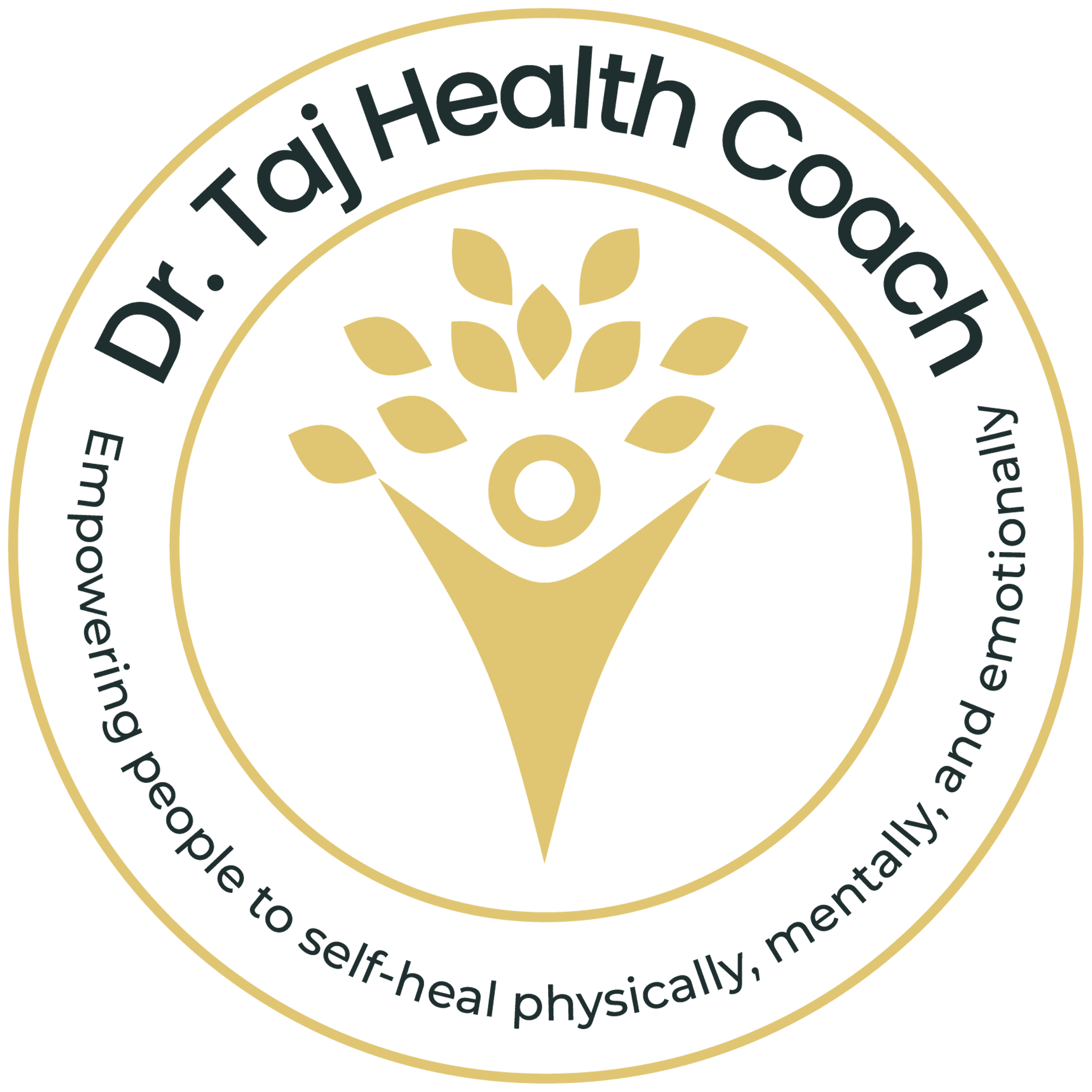
When most people think of cholesterol, they think of heart disease and artery-clogging plaque. But what if I told you that cholesterol also plays a crucial role in maintaining balanced hormones and reducing inflammation in the body? That’s right! Cholesterol is an essential component of our body’s biochemistry. It’s time, finally, for a doctor to discuss cholesterol benefits.
The Role of Cholesterol in Hormone Balance
Hormones are chemical messengers that regulate a wide range of bodily functions, from mood and energy levels to sex drive and reproductive health. Without adequate levels of certain hormones, the body can experience many unpleasant symptoms, including fatigue, weight gain, mood swings, and more.
Guess what? Cholesterol is a key component of hormone production. It’s used by the body to synthesize essential sex hormones like estrogen, progesterone, and testosterone. In women, healthy estrogen levels help regulate the menstrual cycle, preserve bone density, and support heart health. In men, testosterone is essential for healthy sperm production, muscle mass maintenance, and sexual function.
Cholesterol Benefits Inflammation
Inflammation is a natural immune response that helps the body fight off infections, heal injuries, and protect against damage. However, when inflammation persists for too long or becomes chronic, it can lead to a host of health problems, including heart disease, autoimmune disorders, and even cancer.

This is where cholesterol comes in. Recent research has linked higher levels of high-density lipoprotein (HDL) cholesterol, sometimes known as “good” cholesterol, with reduced inflammation in the body. HDL cholesterol helps to remove excess cholesterol from blood vessels, reducing the risk of inflammation and plaque formation. Low levels of HDL cholesterol, on the other hand, have been linked to increased inflammation and a higher risk of chronic health conditions.
How to Support Cholesterol for Hormonal Balance and Reduced Inflammation

So how can you ensure that your body is getting enough cholesterol to support hormone balance and reduce inflammation? Here are a few tips:
- Eat a balanced diet: Eating a balanced diet that’s rich in healthy fats, protein, and nutrient-dense fruits and vegetables can help to support healthy cholesterol levels.
- Stay active: Regular physical activity can help to support healthy cholesterol levels and reduce inflammation in the body.
- Consider supplements: Some supplements, like omega-3 fatty acids and probiotics, have been linked to improved cholesterol levels and reduced inflammation.
- Avoid smoking and excess alcohol: Smoking and excessive alcohol consumption can both have adverse effects on cholesterol levels and inflammation in the body.
Cholesterol Benefits
Cholesterol isn’t just a bad guy. It’s a crucial component of hormone balance and inflammation reduction. By understanding the role that cholesterol plays in the body, we can take steps to support healthy cholesterol levels and reduce our risk of chronic health issues.
FAQs About the Benefits of Cholesterol
What is cholesterol and what are its benefits?
Cholesterol is a waxy, fat-like substance found in all cells of the body. Contrary to popular belief, cholesterol is essential for good health as it plays an important role in forming and maintaining cell structures, producing hormones, and aiding the digestion of fats.
What is the difference between u0022goodu0022 and u0022badu0022 cholesterol?
Good cholesterol, also known as high-density lipoprotein (HDL), helps protect against heart disease by carrying cholesterol away from the arteries to the liver where it is processed and eliminated. Bad cholesterol, also known as low-density lipoprotein (LDL), can build up in the arteries and cause blockages, leading to heart disease and stroke.
Can a low-cholesterol diet be harmful to your health?
Although a low-cholesterol diet can help improve overall heart health, some cholesterol is necessary for the body to function correctly. To maintain appropriate cholesterol levels, it’s vital to consume a well-balanced diet that includes healthy fats like those found in avocados, nuts, and fatty fish.
How can I naturally increase my levels of good cholesterol?
Engaging in regular physical activity, quitting smoking, and consuming foods high in fiber, polyunsaturated fats, and protein all contribute to increasing levels of HDL cholesterol. Some examples of HDL-boosting foods include olive oil, avocados, nuts, and fatty fish.
